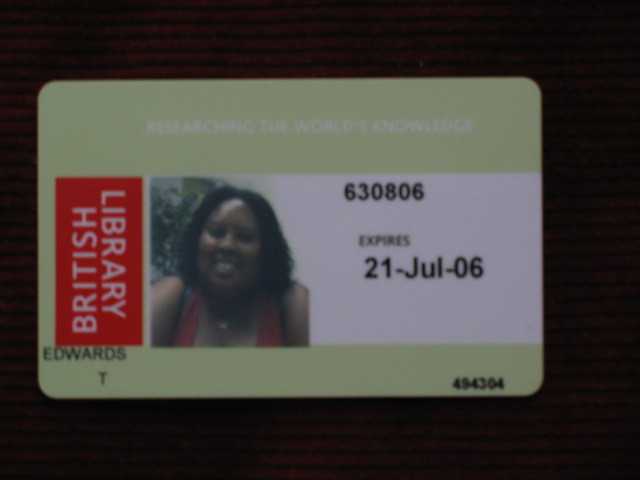Free the Gov't Info round-up
Free Government Information is such a wonderful site that even when I do have/make time to post, I no longer feel compelled to post about gov docs. But these three little items either amuse, horrify or please me greatly (and maybe all three).
From BoingBoing:
A. Using trademark law to inhibit criticism of a product or company is not uncommon. But I haven't heard of the federal government attempting to do so ... until now:
I recently received a letter from the Department of Homeland Security at work asking us to change the graphics on our website ReallyReady.org. They believe we have infringed on their “intellectual property” because we used logos and graphics that were similar to those used on their site. (That was part of the point we were making) Their complaint was specifically that we were using the grey word “ready” with a green checkmark over it.
And unlike copyright, trademark protection is theoretically unlimited in duration.
ReallyReady, a project of the Federation of American Scientists, is here. For a comparison, here is DHS's site.
BoingBoing again:
B. Some guy is holding held USGS maps hostage. Really. Take a look at the ransom note. If the drop-off goes well, the documents will be released to the Internet Archive. (And as of now ... they've been "liberated".) Which moves government information from the "free as in speech" analogy to the "free as in beer" one. I haven't looked at one of those USGS CDs in a while ... are there any copyright or licensing notices on them? If not ... how come no one tried doing this before?
Q: Are the maps in any danger?A: The maps are comfortable. I have them tied up and blindfolded, but they are fed regularly and given several bathroom breaks a day. I have no intention of harming the maps. Just meet the ransom, and no maps get hurt.
Do I see our own Jessamyn West numbered among the Liberators?
C. The contract between Google and UC for UC's libraries to contribute to the Google Book Search (are they still calling it that) is available to the public. Hooray for public institutions and FOIA requirements! Karen Coyle has a detailed review of the contract at her blog.

